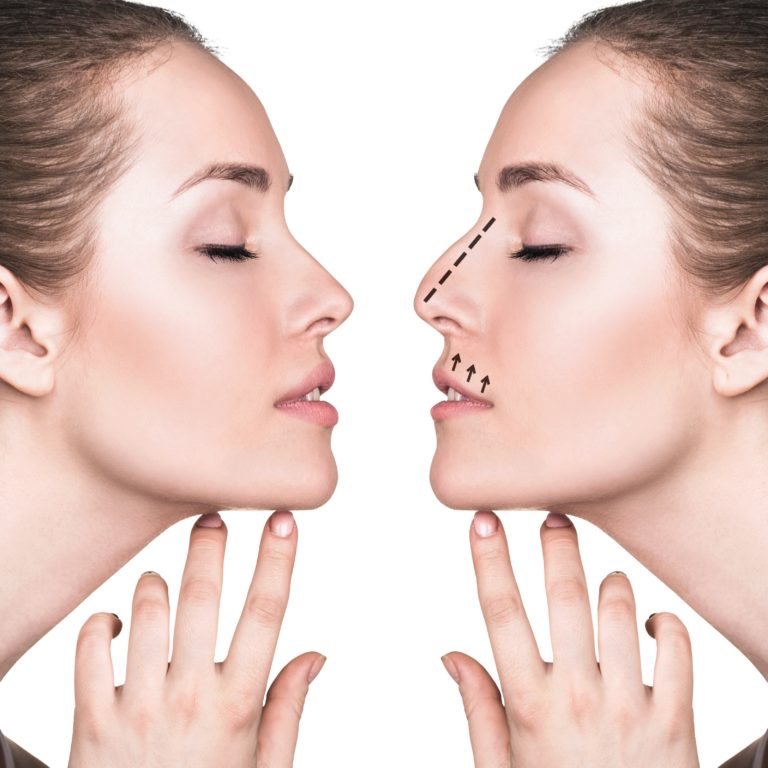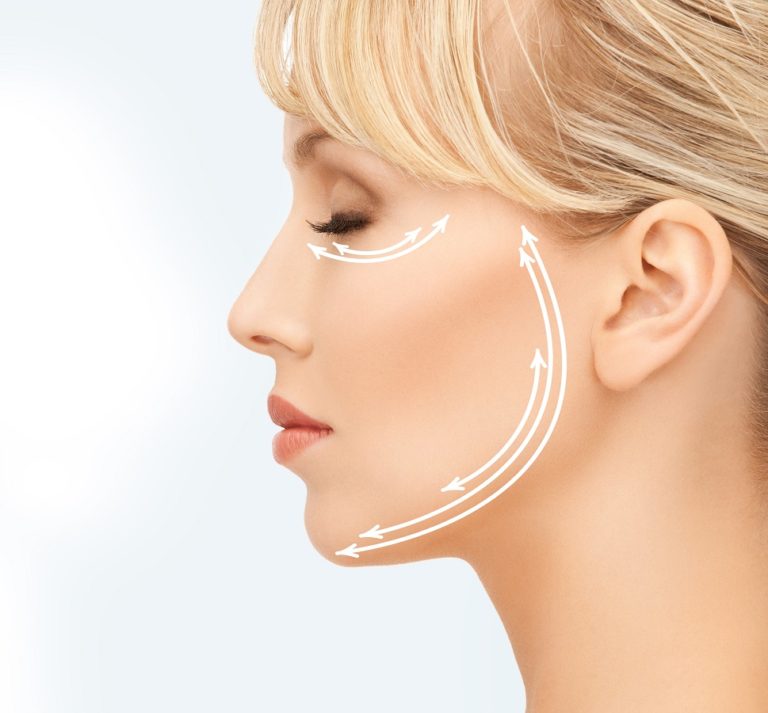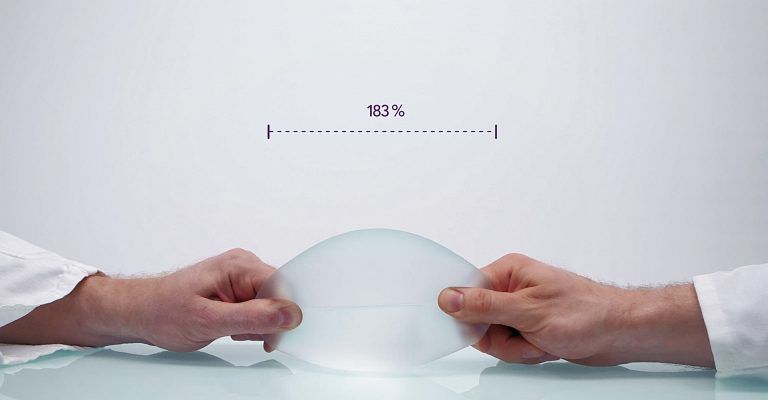Τάσεις • 06 Ιούλ 2018
Why we look better tanned
While beauty is in the eye of the beholder, many people perceive beautiful, bronze skin as an attractive trait. Yet, in some parts of the world, where people are naturally darker, they actually try to avoid the sun and lighten their skin. In Victorian times, it was fashionable to have pale skin because that was a sign that you had money and didn’t have to work out in the fields. While there is undoubtedly a cultural element attached to the perception of darker looking skin as attractive or not, today most western cultures seem to associate tanning with beauty and happiness.
The light reflectivity of skin significantly influences its aesthetic appearance. The positive effect of a tan could be attributed to the fact that it provides a uniform light reflection with a continuous blend of light and shadow, in contrast to pale skin that is commonly associated with pigmentation differences and sharp shadows. The glow provided by a tan can make a face look more vibrant and therefore youthful. A tan can also help make muscles look more toned and more well defined.
Today, having a tan is associated with people that have an active, outdoor lifestyle. A tan therefore makes people look healthier and fit. Pale skin is often associated with sickness (e.g. anaemia) which is another, indirect reason why a tan makes people seem healthier.
It’s hard to deny that there is a correlation between the way people look and their self-esteem. When people feel like they look good, they will also feel better about themselves. In addition to just feeling better about yourself because you are pleased with your appearance, having a tan may actually make you feel better physically, because exposure to ultraviolet light stimulates vitamin D production. Vitamin D plays an important role in several ways. It helps regulate cell growth, it can boost the immune system, and is involved in energy metabolism. Vitamin D also leads to higher bone density and strength.
It’s important to note, however, that tanning can actually make your skin look older in the long term by inducing photodamage. Continuous exposure to ultraviolet radiation through outdoors sun exposure or sunbeds can also increase the risk of developing skin cancer, especially in individuals with lighter skin tones. It is therefore recommended that tanning is done in a controlled manner, i.e. short intervals of sun exposure, while always wearing a skin product with a sunscreen of SPF 30 or higher. In this way we can enjoy the beneficial effects of a tan, safely and lifelong.











